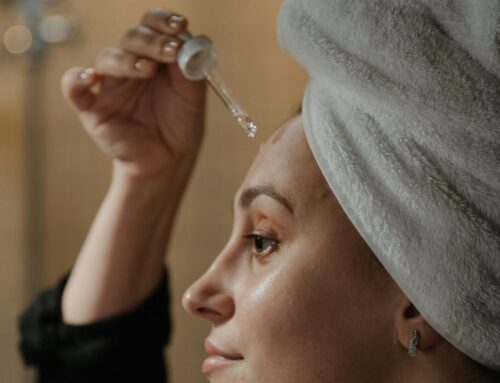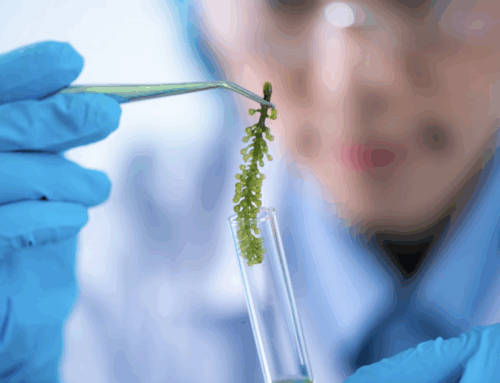Microalgae might be small, but they pack a powerful punch when it comes to skincare. These microscopic aquatic organisms are emerging as promising ingredients for skin health, backed by both scientific research and growing consumer interest in sustainable beauty.
What Are Microalgae?
Microalgae are single-celled organisms found in marine and freshwater environments. Like plants, they use sunlight to produce energy through photosynthesis, creating a wealth of bioactive compounds including antioxidants, fatty acids, polysaccharides, amino acids, vitamins, and minerals. These naturally occurring compounds make microalgae uniquely suited for addressing a range of skin concerns.
Antioxidant Protection and Inflammation Control
Our skin is constantly exposed to reactive oxygen species (ROS), unstable molecules generated by pollution, UV radiation, and even normal metabolic processes. When ROS accumulate, they can damage proteins, DNA, and lipids, leading to a state known as oxidative stress. Over time, this contributes to inflammation, aging, and inflammatory skin conditions such as atopic dermatitis, psoriasis, and vitiligo.
Microalgae produce potent antioxidants that help neutralize ROS and reduce inflammatory signaling. Research shows that microalgae-derived compounds can suppress the production of pro-inflammatory cytokines and interrupt cellular pathways that drive inflammation. By targeting key signaling systems like MAPK, NF-kB, and JAK-STAT, microalgae help regulate immune responses in the skin.
Anti-Aging Potential: Supporting the Skin’s Structure
One of the most promising aspects of microalgae in skincare is their impact on the dermal matrix, which provides firmness and elasticity. As we age, enzymes like collagenase, elastase, and hyaluronidase break down the proteins that make up this supportive network.
Compounds from species such as Chlorella and Spirulina have been shown to inhibit these enzymes, helping preserve collagen and elastin. In some studies, microalgae peptides have also promoted collagen synthesis while reducing the expression of enzymes that degrade it, making them a valuable ally in addressing signs of aging.
Brightening and Pigment Regulation
Microalgae also show potential in regulating pigmentation. Some species contain compounds that inhibit tyrosinase, the key enzyme in melanin production. Extracts from strains like Dunaliella salina, which is rich in beta-carotene, have been studied for their ability to reduce dark spots and even out skin tone.
Hydration and Barrier Support
Certain microalgae produce hydrating polysaccharides that act like natural moisturizing factors. These compounds help reinforce the skin barrier, reduce water loss, and improve skin texture. Studies have highlighted their ability to soothe dry, dehydrated skin and support long-term moisture retention.
Why Microalgae?
In addition to their skin benefits, microalgae stand out for their environmental advantages. They grow rapidly, require minimal land or resources, and can be cultivated sustainably. Their production has the potential to lower environmental impact compared to many traditional ingredients, aligning with the growing demand for green beauty.
Microalgae offer a unique combination of science-backed skin benefits and sustainability. Whether you are targeting inflammation, aging, pigmentation, or hydration, these tiny organisms are becoming a powerful addition to modern skincare.
Sources:
-
Choo WT, Teoh ML, Phang SM, Convey P, Yap WH, Goh BH, Beardall J. Microalgae as Potential Anti-Inflammatory Natural Product Against Human Inflammatory Skin Diseases. Frontiers in Pharmacology. 2020;11:1086. doi:10.3389/fphar.2020.01086
-
Favas R, Morone J, Martins R, Vasconcelos V, Lopes G. Cyanobacteria and microalgae bioactive compounds in skin-ageing: potential to restore extracellular matrix filling and overcome hyperpigmentation. Journal of Enzyme Inhibition and Medicinal Chemistry. 2021;36(1):1829–1838. doi:10.1080/14756366.2021.1960830





